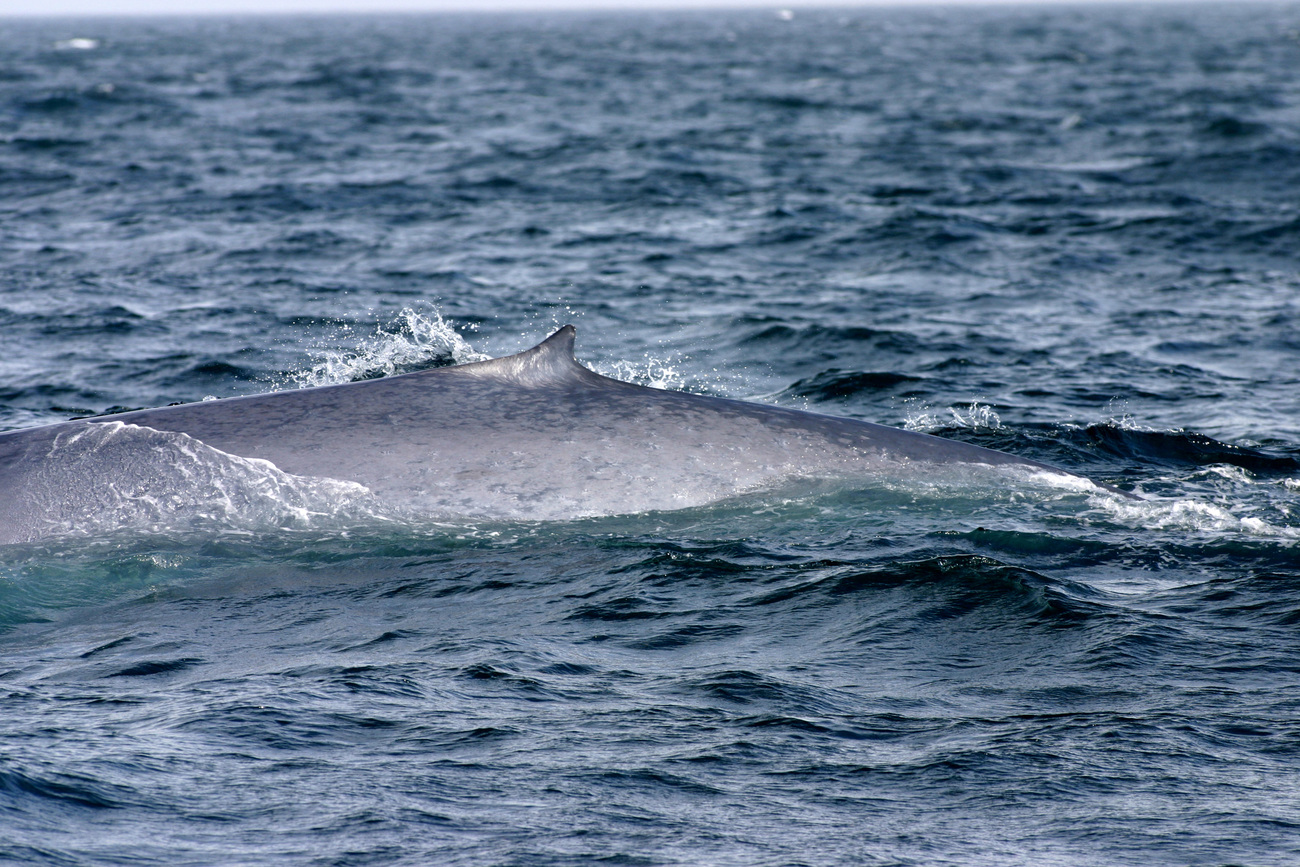German shipping association recommends re-routing ships to save endangered whales
German shipping association recommends re-routing ships to save endangered whales

(Athens, Hamburg, Zurich – 21 June 2022) The German Shipowners Association, VDR (Verband Deutscher Reeder), is the first national association of its kind to recommend that its more than 150 member companies re-route their ships to reduce the risk of collision with whales. The decision was made after a coalition of environmental NGOs approached VDR with scientific information, requesting that they take urgent action by making small deviations to move their ship routes away from critical habitat of endangered sperm whales in the Hellenic Trench, eastern Mediterranean, and blue whales off the south coast of Sri Lanka, Indian Ocean.
The International Fund for Animal Welfare (IFAW), OceanCare and WWF Greece are working in collaboration with the Pelagos Cetacean Research Institute, which has identified the Hellenic Trench, to the west and south of the Peloponnese and southwest of Crete, as critical habitat for the last remaining 200 to 300 sperm whales in this area. It is here thatsperm whales feed, breed and give birth, and it is also currently in the direct path of busy shipping routes, creating a very high ‘ship strike’ risk to these whales.
In the Indian Ocean, a small population of endangered blue whales are present throughout the year off the southern tip of Sri Lanka close to the shore. The presence of these whales also supports thriving local whale watching businesses and these waters also support coastal fishing operations with rich fishing grounds. However, the current positioning of the official Traffic Seperation Scheme (TSS) leads international shipping traffic directly through this important blue whale habitat with the high risk of hitting and killing whales. In addition, the international shipping on the current route pose a severe risk to whale watching boats and fishing vessels.
“We openly received the NGOs' proposal and discussed it with our members," said Dr. Martin Kröger, VDR's chief executive officer: "The response was clear: to protect the whales, we are all ready to take a minor detour there. ”
Members of VDR are now being asked to re-route their vessels to avoid these critical whale habitats and help reduce ship strike risk to these whales.
“Whales are being found dead on the shore with propeller marks and cuts in both Greece and Sri Lanka, but these animals are just the tip of the iceberg. Scientists estimate that up to 20 times more die offshore and are never recorded.”, explains the NGO coalition. “It is our fear that without urgent action, deaths through ship strikes will cause these already small populations to go extinct very soon”.
“We are excited about VDRs recommendation to their members, and hope that these companies operating in these high risk areas will implement the suggested re-routing measures very soon. We also urge all other shipping companies and shipping associations to follow the lead of VDR ” continues the NGO coalition.
More than half the sperm whales found stranded on the Greek coast show evidence of vessel collisions, known as ‘ship strikes’. This is one of the highest proportion of deaths caused by ship strikes that is known of for any whale population globally. Most collisions are fatal but some live animals carry scars from encounters with ship propellers. Evidence from other areas shows that only a very small proportion of ship strikes are detected and reported. In many incidences, mariners on large ships are unaware that they have hit a whale.
In Sri Lanka, the reported deaths are only a small fraction of the number of blue whales killed. Most large ships are unaware that they have hit a whale and the prevailing winds and currents off Sri Lanka mean that many carcasses will be carried offshore. As part of a wide scientific collaboration, surveys of blue whale distribution were conducted off the southern coast of Sri Lanka in the current shipping lanes and further offshore. Results suggest that if shipping were to transit 15nm south (offshore) of the current routes then the risk of ship strikes to blue whales would be reduced by 95%.
Notes to editors:
Sperm whales (Physeter macrocephalus), well known from the legendary tale Moby Dick, belong to the group of toothed whales and can dive to around 2000 metres. Male sperm whales grow to around 16 metres long (some individuals even up to 20 metres) and can weigh up to 41 tonnes. Outside of the Mediterranean, sperm whales are listed as ‘Vulnerable’, but due to its small size and geographic isolation, the Mediterranean population is listed as 'Endangered' on the IUCN Red List of Threatened Species.
Blue whales (Balaenoptera musculus) are the largest living beings on earth and can grow to a length of 33 metres and can weigh up to 200 tonnes. The Sri Lankan population of blue whales are smaller animals, known as ‘pygmy’ blue whales and are unique in that it appears they do not undertake a seasonal migration, but live in these waters year round. They also have distinct vocalisations and behaviours that differentiate them from other populations. They are listed by the IUCN as endangered.
The NGO coalition working on this issue consists of the International Fund for Animal Welfare (IFAW www.ifaw.org), OceanCare (www.oceancare.org), the Pelagos Cetacean Research Institute (http://www.pelagosinstitute.gr) and WWF Greece (www.wwf.gr) with the support of the WWF network.
Ends
For more information or to arrange interviews please contact:
IFAW - Andreas Dinkelmeyer on mobile +49 1520 908 2258 or email adinkelmeyer@ifaw.org
OceanCare – Nicolas Entrup on mobile + 43 660 211 9963 or email nentrup@oceancare.org
WWF Greece – Christy Sotiriou on mobile +30 6947880699 or email c.sotiriou@wwf.gr
Images available here: https://spaces.hightail.com/space/phtTwLBf9k
Related content
Our work can’t get done without you. Please give what you can to help animals thrive.